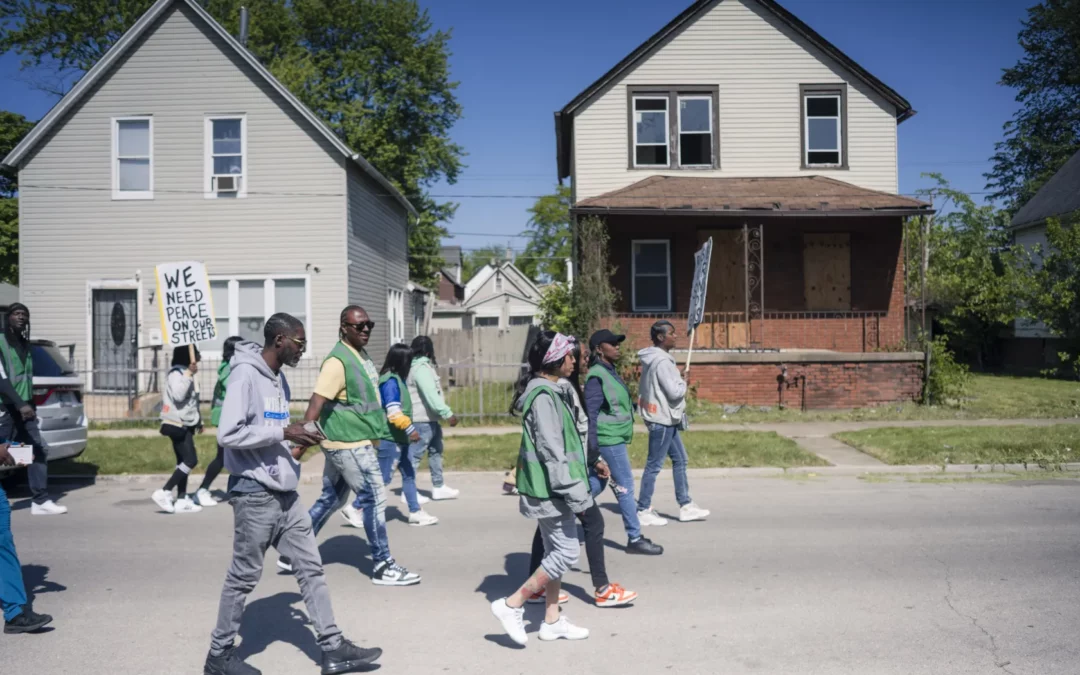Last weekend’s gun violence was a troubling start to summer in Chicago, and we — like the rest of the city — are hoping for better this weekend as city festivals and other events ramp up.
As Mayor Brandon Johnson put it, the Memorial Day weekend violence — 11 killed, dozens wounded — was indeed “intolerable.” The holiday is supposed to be one for remembering fallen military heroes, not worrying about dodging bullets or burying more of those killed in senseless shootings.
In a recent email, one Sun-Times reader pointed out that if the city experiences a repeat of similar violence on the upcoming July Fourth and Labor Day holidays, Chicago “may see the loss of more badly needed businesses, and more reluctance for new businesses to consider Chicago as a destination.”
“The phrase ‘three strikes and you are out’ may apply here, fair or not,” the reader continued, seemingly warning Johnson — who’s been mayor all of two weeks — about his re-election prospects down the road.
Editorial
Of course, Johnson, the Chicago Police Department and other public officials should be held accountable if their strategies for tackling crime ultimately fall flat.
But Chicago has to do this together, one day and one weekend at a time. Those with the power to make a difference have a responsibility to do so. Which is why we want to extend kudos to one group, and one individual who could ultimately make a difference: the 500 “peacekeepers” who took to the streets last weekend to try and tamp down potential violence; and local billionaire James Crown, who last Thursday announced his own crime reduction plan and urged other wealthy CEOs to step up and join him.
You likely read or heard about the man in the “peacekeeper” vest who police said was among a group who robbed and beat another man in Little Village. But the alleged criminal behavior of one person shouldn’t tarnish the entire program, in which the peacekeepers walked the streets of 102 “hotspots” in some of the city’s roughest neighborhoods, as the Sun-Times’ Andy Grimm reported.
The men hired and trained to be peacekeepers, through an $11 million initiative (funded by the state, local and federal money and private philanthropy) are mostly Black and Brown men from the neighborhoods.
It’s too early to tell how successful the program will be. But there’s a glimmer of hope. There was a 21% decline in shootings in hotspots — compared to a 14% decline citywide — when workers from a peacekeeper program called FLIP were out between February and May this year, according to Northwestern University’s Center for Neighborhood Engaged Research & Science. Workers for FLIP — which stands for Flatlining Violence Inspires Peace — are trained by the nonprofit Chicago CRED.
The key now, we think, is for Chicago CRED and other groups to track and evaluate what works — and what doesn’t. Government and private philanthropy, in turn, must commit to long-term funding for those initiatives that are effective.
Meanwhile, wealthy civic-minded individuals can take up the gauntlet Crown has thrown down. His goal — through a plan that includes funding for violence intervention programs, job opportunities for those in the most violence-prone neighborhoods, as well as strengthening law enforcement agencies and investing in low-income communities — is to reduce murders in the city to fewer than 400 within five years, the Sun-Times’ Frank Main reported.
